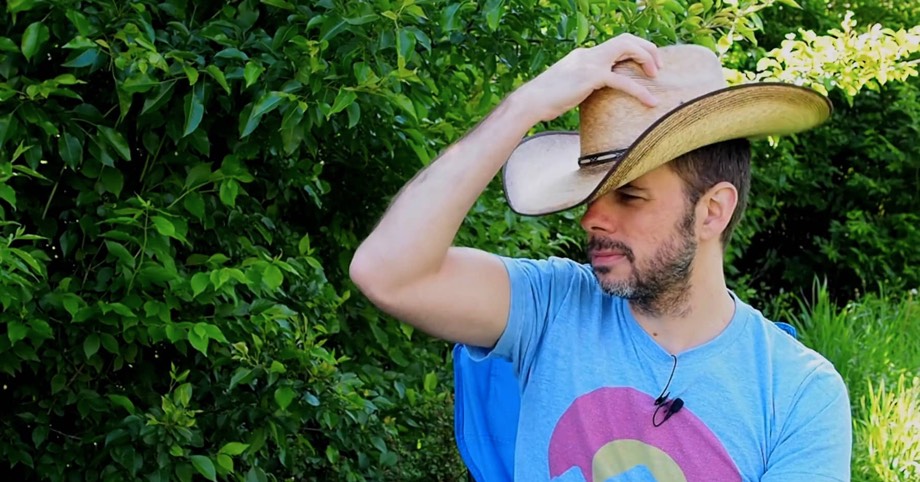This week for Fantastic Friday I want to peel back the curtain a bit and share some personal notes.
I didn’t fully realize it until this week when it really hit me, but for the past several weeks (at least) I’ve been living with quite a bit of stress.
This morning I sat down and journaled out all the big projects going on right now.
Seeing each one listed out next to the others was eye opening.
The first thing I said to myself was: “Shawn, what were you thinking!?”
Now, people tell me that I write a lot about living a focused life. And so, in lieu of those topics, I think it’s important for me to share both sides of the coin: the things I do well and the things that I don’t.
(That’s why I shared about my own laziness.)
And so, today, for Fantastic Friday, I want to share with you a few of the small things I do to help keep my laziness in check.
Moreover, what I love about these things is that they also help during seasons of stress.
When you’re dealing with overwhelm, there are two responses. You either need to reclaim some margin back into your life, or you’ve just got to press on until you get the breakthrough.
If the latter, it’s helpful to have a few “lifestyle practices” to help keep you on track. Below are a few of mine.
Thanks, and enjoy your weekend!
— Shawn
1. Reading Daily
I read quite a bit during the work day, but also in the evenings. My routine is that every evening between 7 and 8pm I do something useful or productive. Such as reading, spending time with friends or family, or doing handy work around the house. That hour isn’t for cramming in yet more office work, but neither is it for zoning out.
(Side note: Right now I’m re-reading The Lean Startup. Highly recommended if you find yourself in the position of trying to build something of value while in the midst of extreme uncertainty.)
2. Writing Daily
When I start my work day, I make myself write before I do anything else.
3. Family Time and Weekly Date Night
As a type-A creative entrepreneur, it can be so easy for me to have work on the brain at all times. And combine that with a to-do list is literally never ending, and there’s always a reason to work long hours.
But I refuse to look back in 5-10 years from now and wish I would have spent more time with my family. Having boundaries around my work time and family time is a pretty no-brainer way of making sure work life doesn’t take over family life.
4. Journaling
I journal for the sake of recognizing and celebrating progress. It’s one of the best ways to build and keep momentum in your life.
* * *
Okay, one more tidbit…
Here are two quotes I use often throughout The Focus Course:
“People do not decide their futures, they decide their habits and their habits decide their futures.” — F.M. Alexander
“You will never change your life until you change something you do daily. The secret of your success is found in your daily routine.” — John C. Maxwell
By far and away, the best way to keep the needle moving forward in life is to have smarter “defaults” for how to spend your time and energy.
If you choose the right actions and attitudes long enough, they begin to choose you back. And you find yourself naturally gravitating toward the behaviors you want to do as a lifestyle rather than the things you feel like doing in the moment.
You can get clarity about your own “lifestyle practices” by going through the Focus Course. There’s a group (including yours truly) that are going through it together this summer. I hope you’ll join us.
